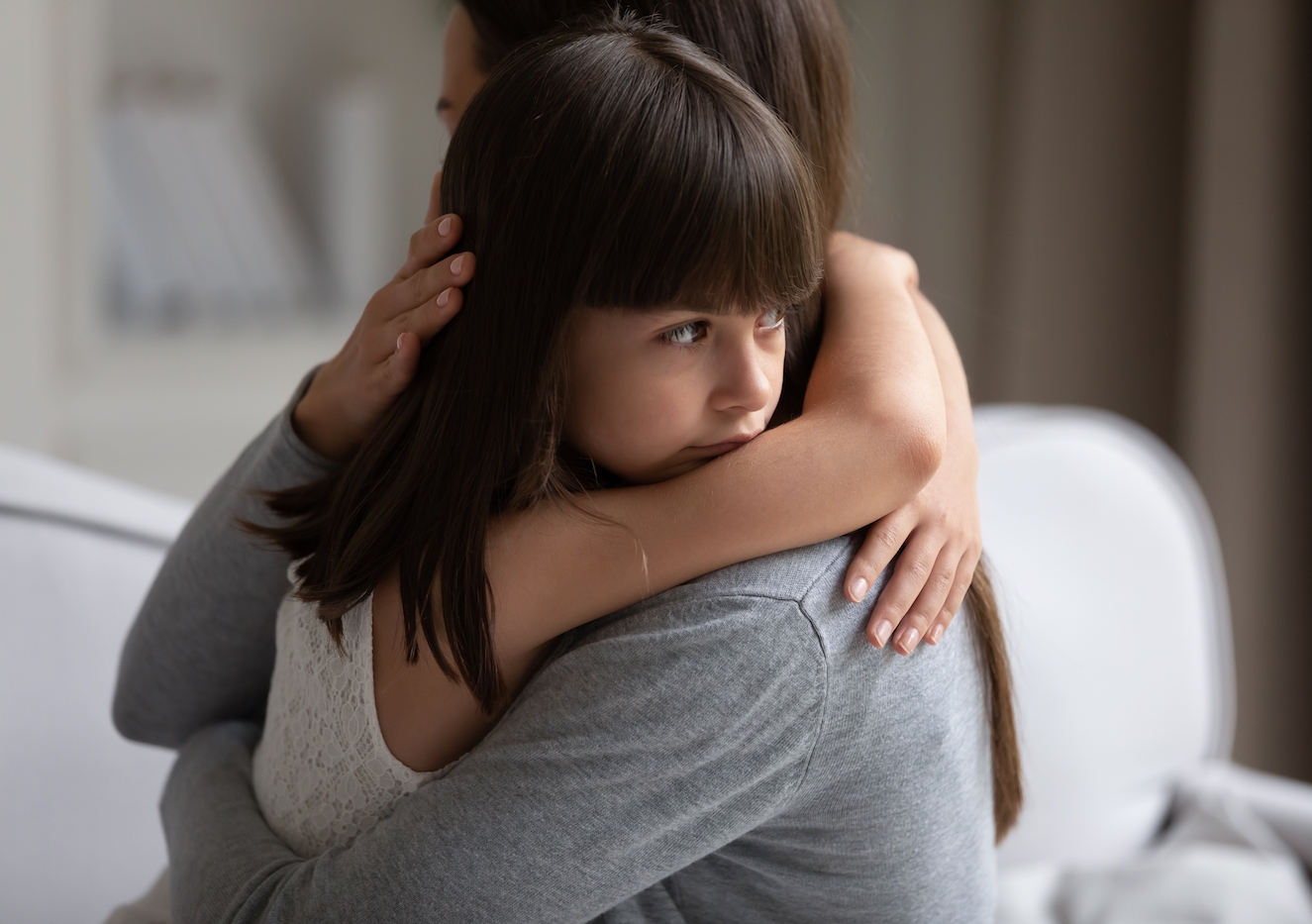Co-parenting proves a challenge in a pandemic
COVID-19 restrictions are complicating shared parenting arrangements.
COVID-19 restrictions are complicating shared parenting arrangements.

New social distancing measures brought about to curb the spread of COVID-19 have created an extra headache for those navigating parenting arrangements, Dr Noam Peleg, UNSW Law Senior Lecturer, says.
The family law expert says that co-parents now face the challenge of maintaining parenting orders and visitation patterns with increasing controls on movement.
"In cases where children move from one household to the other, most drop off, and pickup arrangements are being made around school time and at the school itself. But now many kids don't go to school, and some schools are closed, so that makes the physical handover nearly impossible, and some changes to routine are needed," he says.
The family law expert says that despite this, parenting orders and parenting agreements still stand, and co-parents must find alternative arrangements to uphold them.
"You might be able to reach an agreement, even a temporary one for the duration of the pandemic, for the duration of school closure," he says. "It doesn't mean that your ongoing regular parenting agreement that you have and that you've exercised needs to be overwritten and thrown in the bin. Once things go back to normal, parties can resume their agreement, or negotiate a new one."
He also says that there are ways households could make alternative arrangements without breaking both the parenting agreement and social distancing orders.
"Contact with the non-residential parent can be maintained in the same way as you might maintain social contact with everyone else these days," he says.
"In the case where the child cannot see the non-residential parent, and where there is a pattern of regular contact, the residential parent should organise a regular, on-schedule video conferencing to maintain in the same way we're all doing it with everyone else."
However, he acknowledges it will be more difficult for shared parenting arrangements divided by state borders, or even different countries or when contact is usually done in contact centres or similar facilities, which are now closed. And with the school holidays looming, Dr Peleg says many interstate families will be facing tough decisions.
"Many agreements stipulate long term stays with the non-residential parent during school breaks," he says. "[But] there is no domestic travel, with some states closing the borders, and many states and territories imposing mandatory quarantine. So even if the child is able to cross state borders, it might curtail the ability of the non-residential parent to physically see his or her children," he says.
COVID-19 is a time where feuding parents might think it is an opportune time to break a parenting agreement. However, Dr Peleg says that failing to uphold the parenting agreement may 'put you in a tricky situation from the point of view of the law, and is not in the child's best interests.'
"The law does expect parents to communicate with each other and to make these decisions jointly," he says.
However, he says there may be some circumstances where not following an agreement would have reasonable grounds, such as in cases of genuine fear of mobility and safety, or domestic violence.
"You should not expose the child to danger," Dr Peleg says. "If parents feel that they can't follow their parenting agreement that they have with their ex, their main duty is to exercise their judgement and make a decision based on the interest of the child," he says.
"So the recommendation is to make the decision first and foremost to protect and maintain the wellbeing of the children. But then, document your decision and your communication with the other parent, in case any legal actions will be taken afterwards by the parent."
He also says that the measures will make the physical separation more challenging to facilitate for couples in the middle of a separation.
"At this time, it would take even longer for them to try to work out their post-separation agreement and life in comparison to normal times."
"We know that many parents or couples undergoing this situation [experience] communication and trust [issues]. This precludes them from reaching an agreement quickly and in a reasonable way, and the current financial situation will only exacerbate the stress and possibly cloud the party's judgement more."
Dr Peleg says that Child Support Payments are another area co-parents may have to negotiate. He says that child support payments may need to be altered to accommodate for changes imposed by COVID-19.
"The expectations are the same, that parents would keep those obligations too," he says. "You might not have after school activities to pay for anymore, but you might need to pay more for an internet service provider, or mobile service provider, streaming services."
He also says that many co-parents will be struggling with the prospect of paying child support payments in the wake of job insecurity and losses.
"The stimulus packages that the government provided in increasing allowances don't relate to child support directly, and this is something that should be attended to, because with the increased rate of unemployment, many parents, mainly fathers, won't be able to keep up on their child support obligations."
Dr Peleg says that despite the challenges, it is better to work around the COVID-19 restrictions, rather than make changes to the laws.
"These are unusual times, so I wouldn't rush to make any sweeping reforms in the law," he says. "Not that it doesn't need to be reformed, it's just that the pandemic is not the right context to make significant changes.
"It is better to evaluate the law in a much calmer time."